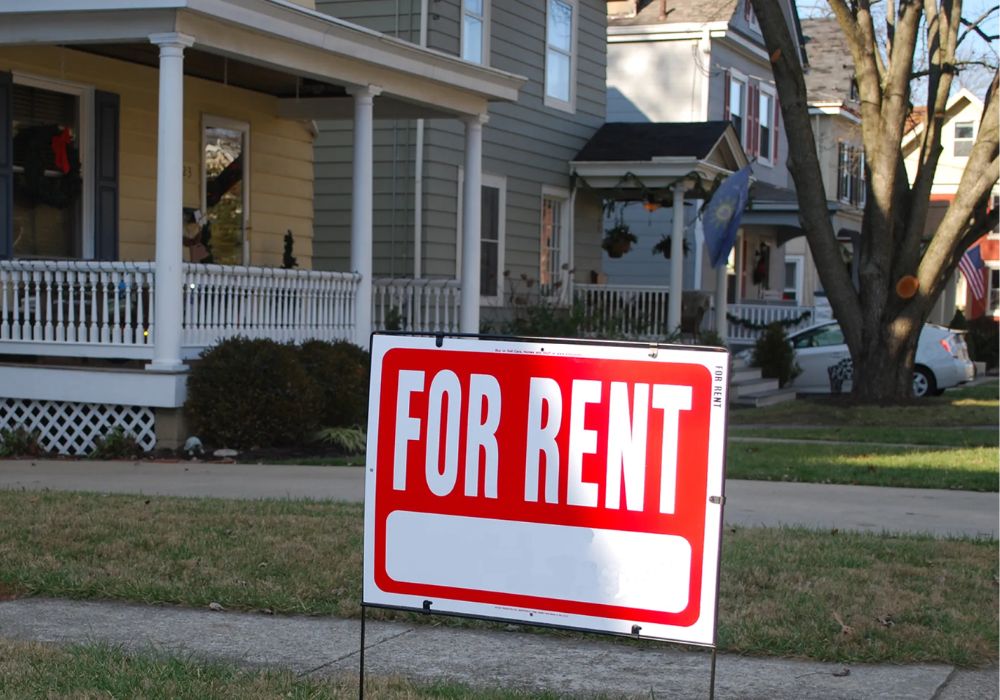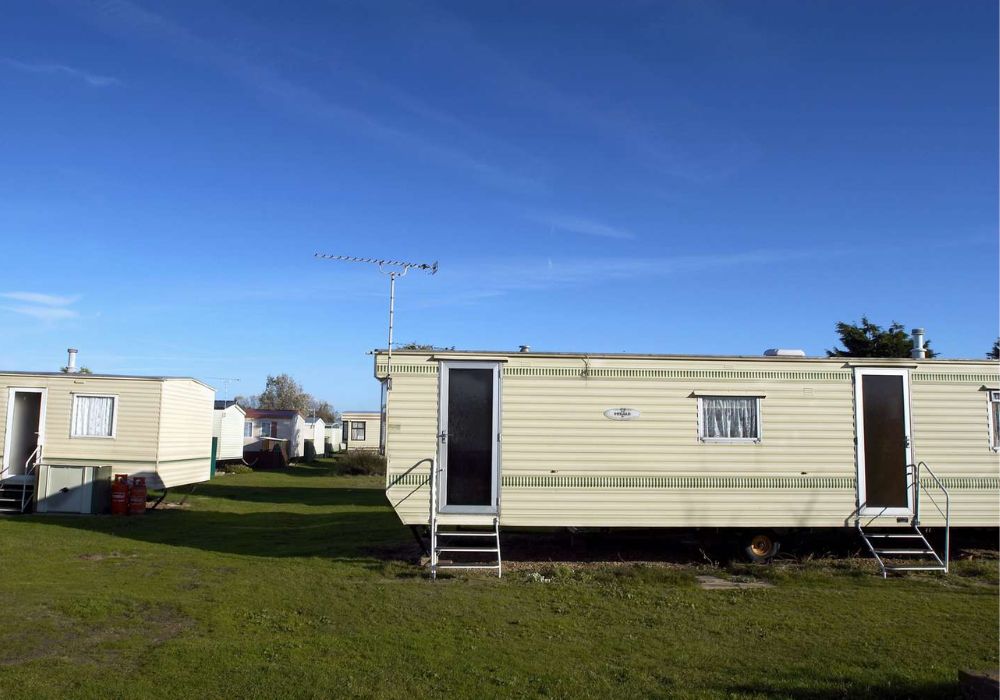One major consideration for rental property owners is whether rental income qualifies as qualified business income (QBI) for tax purposes. QBI classification can allow for valuable tax deductions and impact an owner's overall tax strategy.
However, not all rental properties necessarily meet the criteria to be considered QBI. In this article, we will explore the question of whether rental property is qualified business income.
Is Rental Property Qualified Business Income?
Yes, in some cases rental property income can qualify as Qualified Business Income (QBI). To qualify, the rental property must meet certain criteria established by the Internal Revenue Service (IRS).
Specifically, the rental activities must constitute an active trade or business, meaning the landlord is regularly involved in managing and maintaining property.
Passive rental income from properties where the owner is not actively involved generally does not qualify.
What Are the Criteria for Rental Properties to Qualify as QBI?
One of the key criteria is the IRS "Safe Harbor" rule. To meet this rule, landlords must perform at least 250 hours of rental services per year for each rental property.
Services may include tasks like advertising, repairs, responding to tenant requests, and managing documents. Landlords must also maintain separate books and keep contemporaneous records of hours spent on each property.
As long as these criteria are met, properties used for residential or commercial rentals commonly qualify as QBI.
Related: Can I Rent An Apartment Under My LLC?
How Does the Nature and Number of Rental Properties Impact QBI Status?

The number and nature of rental properties can impact whether the income qualifies as QBI. In general, commercial properties and residential properties managed as a true business are more likely to qualify.
On the other hand, if a landlord only owns one residential property as a part-time venture, it may be difficult to prove it is an active trade or business. Mixed-use properties require individual evaluations.
Having multiple purpose-built rental units and robust management practices strengthens the case for QBI classification.
What Kind of Record-Keeping Is Needed for Rental Properties as QBI?
Thorough record-keeping is crucial for rental properties to qualify under QBI guidelines. Landlords need separate books and accounts dedicated to each rental, with documentation of all income and expenses.
Critically, landlords must keep contemporaneous logs detailing the specific services performed for each property and the time spent on those tasks.
Records like contracts, invoices, receipts, bank statements and work schedules help substantiate active participation as a business. Proper documentation is key to avoiding IRS penalties and audits.
How Have Court Rulings Influenced QBI Qualification for Rentals?
Court cases set precedents that clarify how rental properties fit within QBI rules. Some notable rulings include Lender Management v. Commissioner in 2018, where a family office managing investment properties was recognized as a qualified business.
Meanwhile, Estate of Stuller v. United States in 2019 established that passive triple-net rental income did not qualify. Overall, court decisions have affirmed that QBI requires landlords to regularly conduct qualifying services beyond merely collecting rent checks. Documenting active business operations is important post-ruling.
What Tax Planning Strategies Should Landlords Consider Regarding QBI?
Landlords can take several steps to optimize potential QBI benefits from their rental properties. First, they should confirm their rentals meet all QBI criteria to safely qualify for deductions now and in future years. Maintaining meticulous records is also key.
Landlords may also benefit from electing to be treated as a real estate professional to qualify for additional tax breaks. Lastly, conducting annual reviews of property profitability and keeping abreast of shifting laws allows for strategic long-term investment and succession planning regarding QBI implications. Working with a tax professional is highly recommended for any QBI-related tax strategy.
Conclusion
In conclusion, whether rental property income qualifies as Qualified Business Income (QBI) depends on meeting certain criteria established by the IRS. Chief among these is regularly conducting qualifying business activities involving at least 250 hours of service per property annually.





